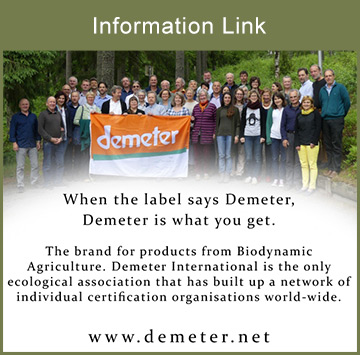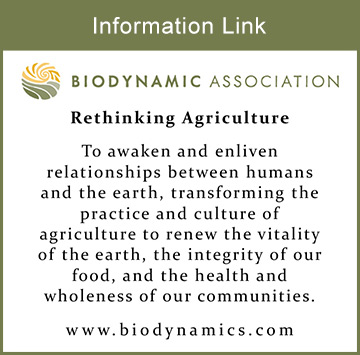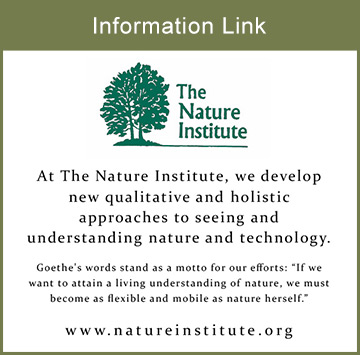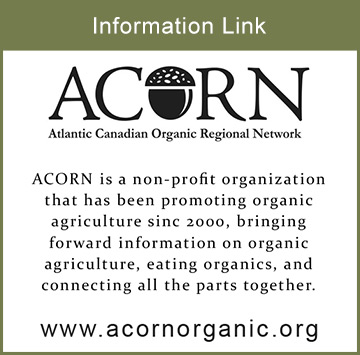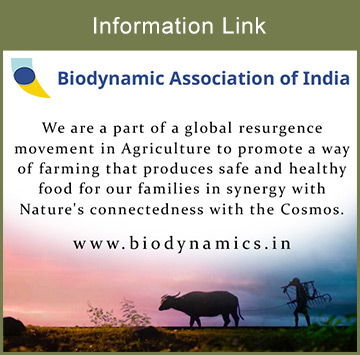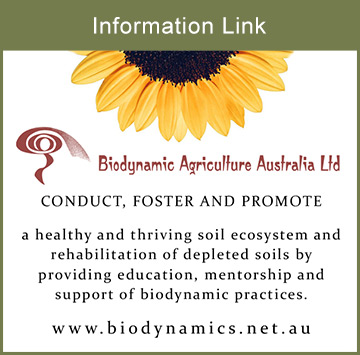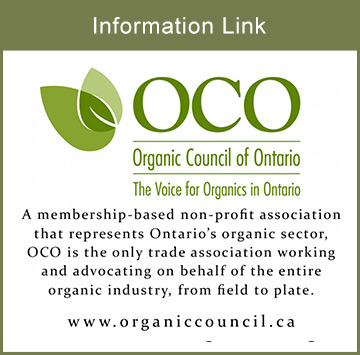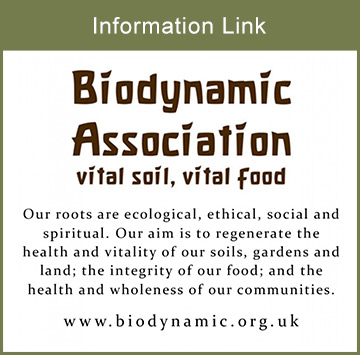What does Non-GMO Mean?
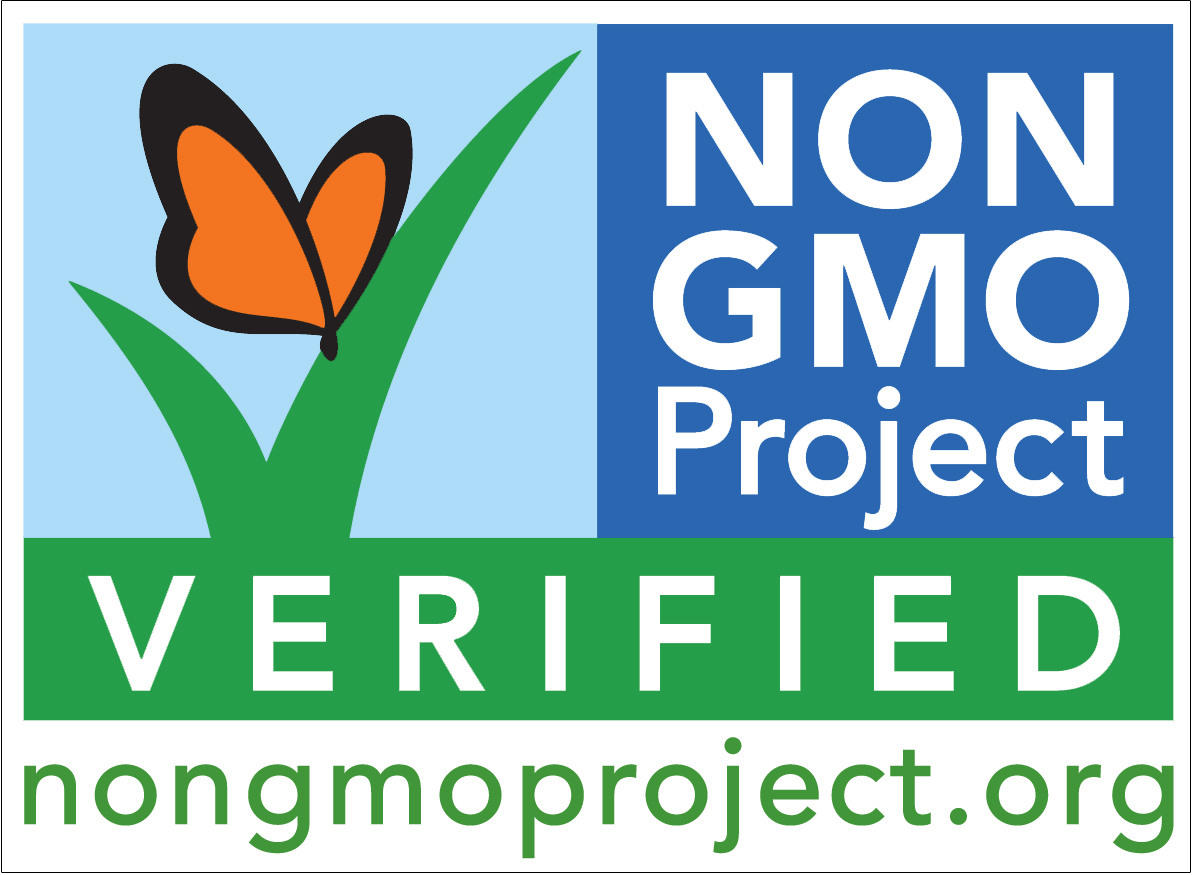 Non-GMO means non-genetically modified organisms. GMOs (genetically modified organisms), are novel organisms created in a laboratory using genetic modification/engineering techniques. Scientists and consumer and environmental groups have cited many health and environmental risks with foods containing GMOs.
Non-GMO means non-genetically modified organisms. GMOs (genetically modified organisms), are novel organisms created in a laboratory using genetic modification/engineering techniques. Scientists and consumer and environmental groups have cited many health and environmental risks with foods containing GMOs.
As a result of the risks, many people in the United States and around the world are demanding “non-GMO” foods. We have created an ebook offering our top 13 tips for buying organic food to help keep your family safe and healthy. Download it for free HERE.
What are Genetically Modified Foods?
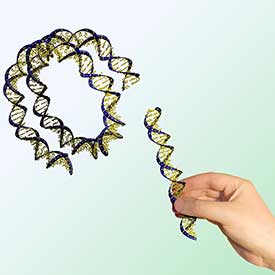 In genetic modification (or engineering) of food plants, scientists remove one or more genes from the DNA of another organism, such as a bacterium, virus, animal, or plant and “recombine” them into the DNA of the plant they want to alter. By adding these new genes, genetic engineers hope the plant will express the traits associated with the genes. For example, genetic engineers have transferred genes from a bacterium known as Bacillus thuringiensis or Bt into the DNA of corn. Bt genes express a protein that kills insects, and transferring the genes allows the corn to produce its own pesticide.
In genetic modification (or engineering) of food plants, scientists remove one or more genes from the DNA of another organism, such as a bacterium, virus, animal, or plant and “recombine” them into the DNA of the plant they want to alter. By adding these new genes, genetic engineers hope the plant will express the traits associated with the genes. For example, genetic engineers have transferred genes from a bacterium known as Bacillus thuringiensis or Bt into the DNA of corn. Bt genes express a protein that kills insects, and transferring the genes allows the corn to produce its own pesticide.
Genetic modification/engineering is a potentially dangerous technology
One of the main problems with genetic engineering is that the process of inserting genes into the DNA of a food plant is random; scientists have no idea where the genes go. This can disrupt the functioning of other genes and create novel proteins that have never been in the food supply and could create toxins and allergens in foods.
Genetic modification is a radical technology
 Supporters of genetic modification say that the technology is simply an extension of traditional plant breeding. The reality is that genetic engineering is radically different. Traditional plant breeders work with plants of the same or related species to create new plant varieties. Genetic engineers break down nature’s genetic barriers by allowing transfers of genes from bacteria, viruses, and even animals—with unforeseen consequences.
Supporters of genetic modification say that the technology is simply an extension of traditional plant breeding. The reality is that genetic engineering is radically different. Traditional plant breeders work with plants of the same or related species to create new plant varieties. Genetic engineers break down nature’s genetic barriers by allowing transfers of genes from bacteria, viruses, and even animals—with unforeseen consequences.
Genetic modification is based on an obsolete scientific theory
Genetic modification is based on a theory called the Central Dogma, which asserts that one gene will express one protein. However, scientists working with the United States National Human Genome Research Institute discovered that this wasn’t true, that genes operate in a complex network in ways that are not fully understood. This finding undermines the entire basis for genetic engineering.


